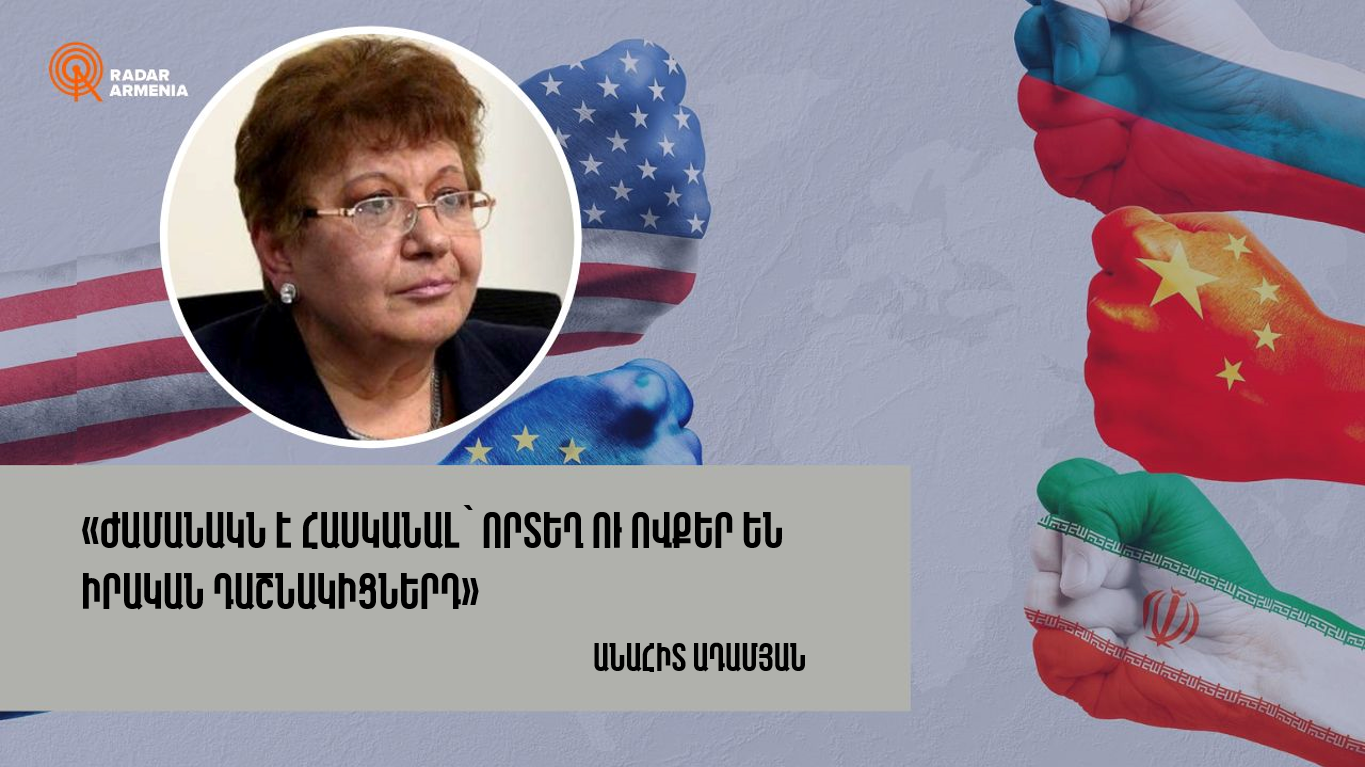Radar Armenia's interlocutor is Anahit Adamyan, a member of the political council of the "Republic" party.
- The dialogue on visa liberalization between Armenia and the EU officially started on September 9. Given that Armenia is a member state of EAEU, CIS, and CSTO, how realistic is the success of this process?
- The crux of the matter is the concept of "process." Visa liberalization requires reforms to create conditions that already exist in the EU. These reforms are not only related to EAEU, CIS, and CSTO. For example, identification cards, medical insurance, and Armenian border guards at the borders.
The main problem is the goal of Armenia as a state: what do we want and how do we imagine the state's security, the development of the economy, the diversification of foreign policy, demographic security, and the establishment of peace and stability in the region? The beginning of the visa liberalization process is only one of the steps the EU took towards Armenia. If our problem is the security and development of the state, we have nothing to do with the CSTO and the CIS for a long time. These structures have proven themselves, and we need to create prerequisites for leaving the EAEU to ensure the transition.
The economic monopolies of the Russian Federation should have been abolished in Armenia a long time ago, but this was not done and is not being done. But the most important are the psychological changes. We must understand that the principles of economic management in EAEU have no prospects for development, only a chance to survive under the threat of political decisions at any moment. Lars will be closed, gas will be closed, whatever will be found in our products... Instead of being afraid of European standards and competition in the EU market, the state and business should jointly solve the problems of changing the structure of the economy, new logistics, and adapting Armenian products to the standards in the EU market, which is also not being done.
- Can Armenia implement all the reforms outlined by the EU, remain in the EAEU and CSTO, and get permission to enter Europe without a visa?
- Armenia's normal development will lead to its exit from the CSTO, CIS, and EAEU, not hinder the liberalization of EU visas. The EU ensures security, prosperity, stability, and development for its members, guided by the principles of democracy.
We need systemic changes: political, military, legal, educational, social, economic, and psychological. This is not an overnight issue or just about visa liberalization. Long-term state programs should strengthen sovereignty and create prerequisites for solving this problem. One of the prerequisites is the creation of fundamental foundations for mutually beneficial cooperation with the US and the EU based on the combination of interests. And if we put the strengthening of sovereignty, the development of democracy, and systemic changes as the basis of RA policy, leaving the CSTO, CIS, and EAEU becomes inevitable because these structures have never served their statutory purposes, were and remain artificial. , only solve political problems and do not provide opportunities for any state to solve its vital issues, except for the Russian Federation. Therefore, can Armenia implement all the reforms outlined by the EU to remain in the EAEU and CSTO but get permission to travel to Europe without a visa? Such a question does not exist. If Armenia implements the reforms it needs, it will eliminate those structures as a constraint and inhibitor to its development and continue its course towards the EU and the West. Geopolitical events, the war of 2020, and the depopulation of Artsakh leave no other way out. It's time to understand where and who your natural allies are and move forward together.
Hayk Magoyan


















